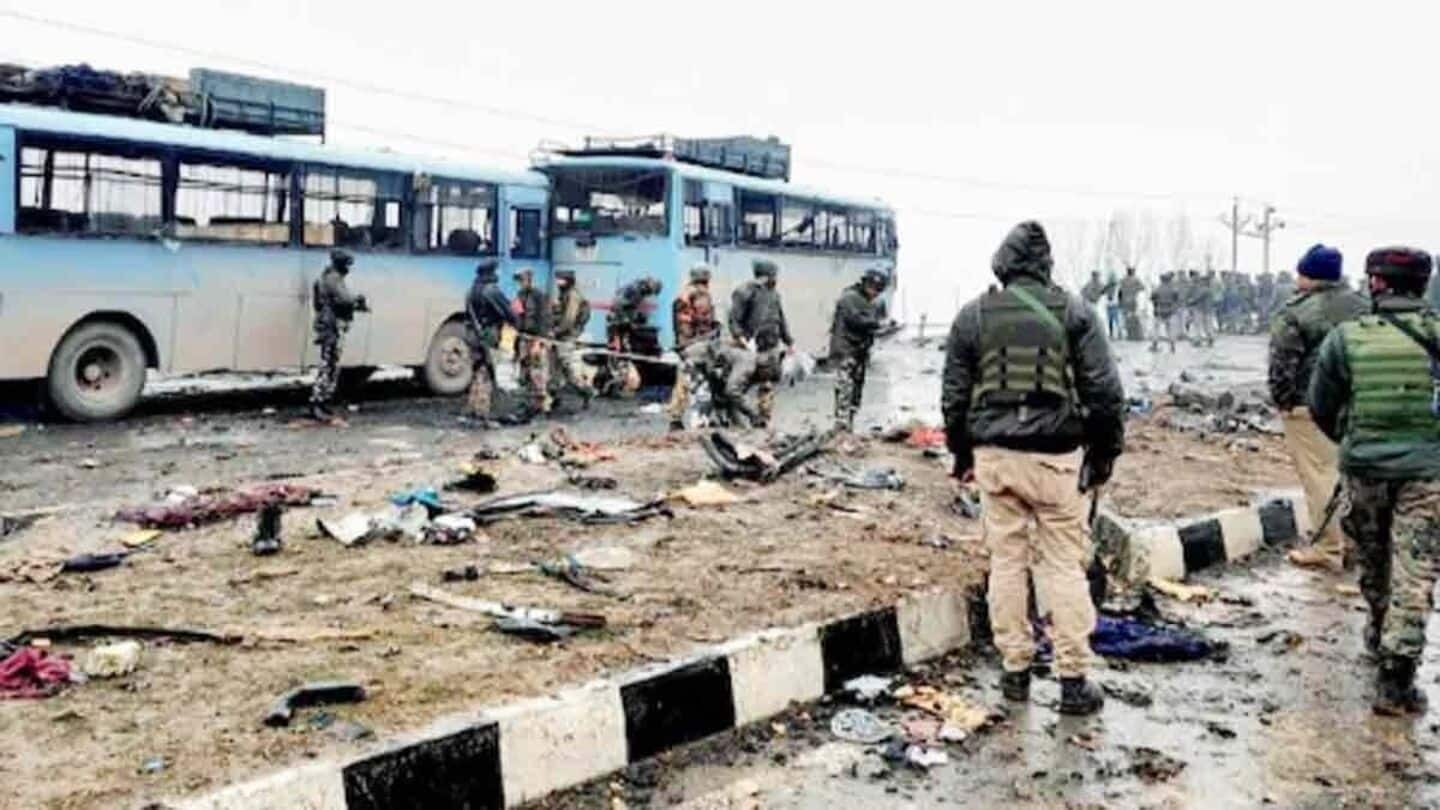
Explosive for Pulwama attack procured through e-commerce platform: Terror watchdog
What's the story
The Financial Action Task Force (FATF), an intergovernmental body that monitors money laundering and terrorist financing globally, has raised alarms over the misuse of e-commerce platforms by terrorist organizations. The report cited India's 2019 Pulwama attack as a key example where aluminum powder for improvised explosive devices (IEDs) was procured through an e-commerce platform. The attack killed 40 Central Reserve Police Force (CRPF) personnel and was linked to Pakistan-based Jaish-e-Mohammed (JeM).
Case study
ISIS-inspired individual funded Gorakhnath Temple attack via PayPal
The FATF report also highlights the 2022 Gorakhnath Temple attack, where an ISIS-inspired individual attacked security personnel. The accused transferred around ₹6.7 lakh overseas using PayPal to fund Islamic State (ISIL) operatives and used multiple VPN services to hide his location. He made 44 international transactions and paid VPN providers from his Indian bank account before PayPal suspended his account due to suspicious activity.
Financial networks
Decentralized financial networks harder to track
The FATF report further states that the rise of fintech platforms has opened up new ways for terrorists to fund their operations. By selling small goods online, buying chemicals and components for explosives like 3D-printed parts, and raising donations through popular social media platforms, terrorist groups are building decentralized financial networks that are harder to track. Peer-to-peer (P2P) payments also pose a challenge as they allow pseudonymous transactions and fake accounts.
Global warning
Some countries still support terrorism, indirectly or directly
The FATF report also warns that some national governments continue to support terrorist organizations directly or indirectly. Although specific countries are not named, evidence from various delegations and open-source information confirms the ongoing risk of state-sponsored terrorism. India has long accused Pakistan of harboring and funding terrorists, reiterating its demand for Pakistan's return to FATF's "Grey List" based on these findings.